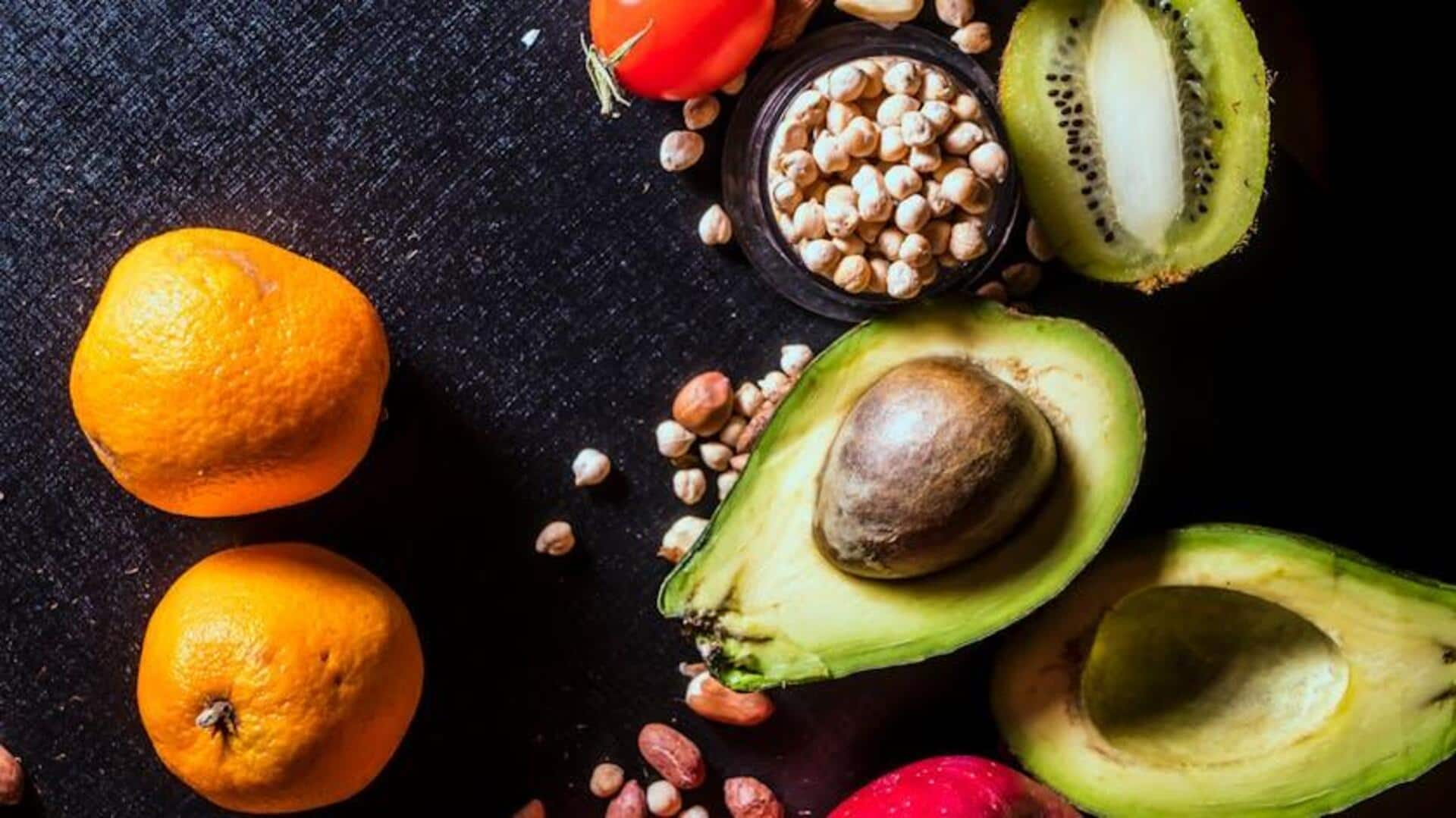
Inflammation and diet: Busting common myths
What's the story
Inflammation is a natural process that heals and defends the body. However, chronic inflammation can cause several health problems. Many believe diet plays a key role in controlling inflammation, but there are many misconceptions. In this article, we debunk common myths about diet and inflammation, in a bid to clear misunderstandings that often cloud the way we make health choices.
Superfood myth
Myth of anti-inflammatory superfoods
The idea of anti-inflammatory superfoods is all the rage these days, but it can be misleading. While some foods like berries and leafy greens are nutritious, no single food can prevent or cure inflammation on its own. A balanced diet rich in fruits, vegetables, whole grains, and healthy fats is far more effective than the tendency of relying on specific "superfoods" for reducing inflammation.
Sugar myth
Sugar as the sole culprit
Sugar is often blamed as the main culprit behind inflammation. While too much sugar can lead to inflammatory processes, it's not the only one. Stress, lack of exercise, and overall eating habits also contribute to chronic inflammation. Moderation in sugar consumption, along with a healthy lifestyle, is key.
Gluten myth
Gluten-free equals inflammation-free
Going gluten-free is something many take for granted that will automatically reduce inflammation. However, unless you have celiac disease or gluten sensitivity, removing gluten isn't necessarily going to affect inflammatory levels. Whole grains containing gluten can be a component of an anti-inflammatory diet when enjoyed in moderation with other nutrient-rich foods.
Dairy myth
Dairy products always cause inflammation
Dairy products are often believed to trigger inflammation due to lactose intolerance or allergies in some people. However, for those who don't suffer from these conditions, dairy products such as yogurt and cheese can actually give them the beneficial nutrients without causing inflammatory responses. It's important to take into account one's own tolerance levels while adding dairy to one's diet, as reactions can differ widely from person to person.
Supplement myth
Supplements over whole foods for inflammation control
Supplements are often viewed as quick-fixes for managing inflammation versus whole foods. While they can fill nutritional gaps for some people when taken under medical supervision, supplements shouldn't substitute a diverse diet packed with whole foods. These offer the essential nutrients that naturally contribute to health, including keeping inflammation in check.